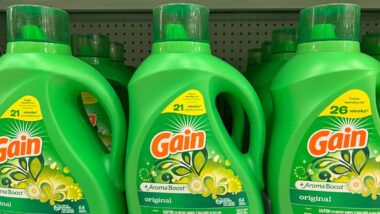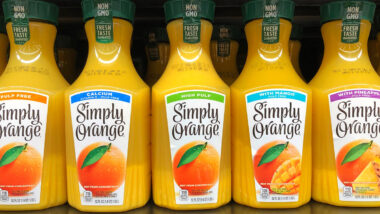Even as techn
The Telephone Consumer Protection Act was enacted by Congress in the early 1990s. The TCPA was created as new technologies were rapidly making it easier for companies to cheaply contact large numbers of consumers through electronic communications.
The TCPA was created with technologies like robocalling (autodialers) and mass faxes in mind. However, later amendments and court rulings eventually decided that the TCPA applied to text message spam and other forms of electronic communications. Several companies that earned money by telemarketing filed lawsuits alleging that the TCPA violated their First Amendment rights. But the Supreme Court ruled this was not the case, siding with consumers against telemarketers.
TCPA Violations
Among the provisions of the TCPA and related laws are a number of rules that limit the way telemarketers can contact a person. The TCPA also established the National Do Not Call Registry. Any consumer on the Do Not Call Registry is off-limits for telemarketers.
Additionally, calls to cell phones, including automated calls and pre-recorded messages, and even text messages, are off limits to telemarketers, unless the consumer specifically gave consent for the company to call their cellular phone. This consent can be revoked.
Additionally, the TCPA forbids pre-recorded messages to residential phone lines. This only applies to telemarketers that have no pre-established relationship with consumers, meaning the consumer has not made any kind of contact with them in the past 18 months.
The TCPA also includes other rules for telemarketers. For example, companies may only call between 8 a.m. and 9 p.m., and are required to provide the name and phone number of the telemarketer.
Punishments under the TCPA
The TCPA is partially designed to be enforced through civil lawsuits. To discourage offenders, the TCPA allows for consumers to sue for violations. In court, a consumer can recover up to $500 for every single phone call that violates the TCPA (plus an additional $500 for any violations of the National Do Not Call Registry). If a consumer can prove the violation was intentional, they can receive up to $1,500 in court for each phone call that broke the TCPA’s rules. These provisions are designed to discourage offenders by making their cheap mass marketing tactics quickly add up in court.
Reporting Violations
If you suspect a telemarketer has violated your TCPA rights, you should take several steps. First, document everything. Make a note of the time of day you received the call, the name of the company and the name of the representative. You should also make a copy of phone records, and any emails exchanged with companies. Additionally hiring a well-versed TCPA lawyer can help you at various stages of litigation over alleged TCPA violations.
Join a Free TCPA Class Action Lawsuit Investigation
If you were contacted on your cell phone by a company via an unsolicited text message (text spam) or prerecorded voice message (robocall), you may be eligible for compensation under the Telephone Consumer Protection Act.
Get a Free Case Evaluation Now
ATTORNEY ADVERTISING
Top Class Actions is a Proud Member of the American Bar Association
LEGAL INFORMATION IS NOT LEGAL ADVICE
Top Class Actions Legal Statement
©2008 – 2024 Top Class Actions® LLC
Various Trademarks held by their respective owners
This website is not intended for viewing or usage by European Union citizens.














